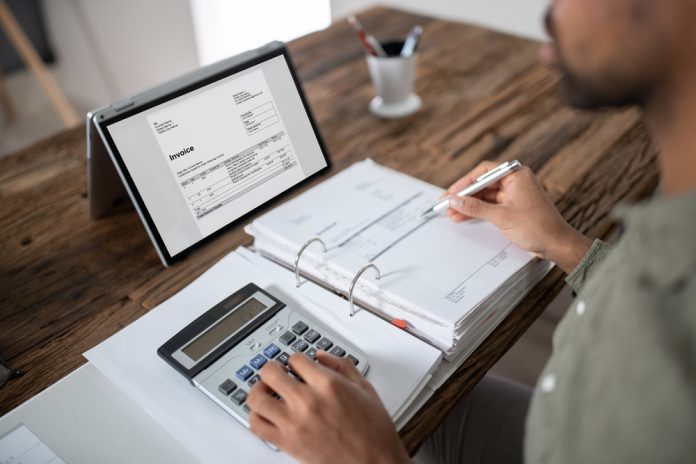Good small business owners know how much money they have on hand at any given time—to cover day-to-day costs, spend on growth initiatives, or handle emergencies.
That’s why accounting is such an important task for small business owners, even if it’s not the most fun. Tracking income, expenses, and other important financial metrics can be the difference between staying open and closing up. Cash flow is often cited as the number one reason why small businesses fail, after all. That’s why many business owners hire accountants to do the books.
Hiring an accountant—even on an as-needed basis—is yet another expense that not every business owner wants, however. With new accounting and bookkeeping software that can track your inflows and outflows automatically, is a real-life accountant necessary anymore?
The answer is often still yes, though it depends. Here’s a rundown of when it’s okay to rely on accounting software over an accountant.
You’re a freelancer or hobbyist
A freelancer—whether you’re a copywriter, data scientist, or web designer—is a business of one. These types of businesses typically have the easiest accounting and bookkeeping tasks. As long as you separate your business and personal finances, filing your business taxes will be fairly easy, as sole proprietors (and limited liability companies) are subject to “pass-through” taxation. That means they file their business earnings on their personal tax return.
Making the occasional buck from selling your wares as a hobbyist? You may not even make enough to warrant filing a tax return. Your accounting needs will be minimal, and you can likely keep track of your finances on your own, with simple budgeting techniques.
You’re a new sole proprietor
Not every sole proprietor is a freelancer. You can be self-employed and still file as a sole proprietor—a legal structure which, as mentioned above, is only subject to pass-through taxation.
New sole proprietors likely won’t have needs that accounting software can’t handle. They’re less likely to have business loans, don’t have employees, and are more worried about getting off the ground and stabilizing rather than planning for explosive growth.
You don’t have growth plans for the foreseeable future
Not every business is a startup looking to become the next Uber. If you’ve got a handle on your finances and feel comfortable using manual methods or automated accounting tools to track your incomes and outputs, that’s fine for now.
Once you’ve gotten the hang of using your business accounting software to file your taxes, it’s fairly easy to repeat the process each quarter and year assuming there are no major changes or plans for the business. You will have to stay informed of changes in tax laws on the local, state, and federal levels. Good accounting software, however, should alert you of anything that will affect what you can claim as a deduction, or other important factors subject to change.
When will you need an accountant?
The easy answer to this question is: Whenever you feel the need. But what exactly does an accountant do for you that accounting software or your gut instincts can’t?
Some common situations that call for bringing an accountant into the fold include:
- Big picture planning for your business: An accountant is much more than a human version of accounting software. If you’re planning to grow your business this quarter or this year, an accountant can help you establish Key Performance Indicators (KPIs) and other metrics that will put you on the path to greater success.
- Making major financial decisions like taking out a loan: If you’re on the cusp of making a big financial decision, like agreeing to use debt financing to pay for a new marketing campaign, it will help to have a professional crunch the numbers for you.
- Dealing with complex financial issues: Whether you’re having trouble figuring out how to apply sales tax, or unsure of whether you’re on the right side of the law when it comes to wage and labor compliance, someone with years of experience in your field is a good ally to have.
An accountant, and particularly a Certified Public Accountant (or CPA) is a combination of bookkeeper, advisor, and sounding board. As robust as many of today’s accounting software options are, none can replicate the human touch and soft skills of an experienced expert.
The bottom line
Not every business owner needs an accountant—but that doesn’t mean that, in most situations, it wouldn’t be nice to have one. If you have simple needs that you find you can manage using leading software options, don’t splurge on an accountant just because you think that’s a necessary hire.
On the other hand, if you have even modest plans for future growth or worry that you’re not making the most of your revenue, hiring an accountant on an ad hoc basis (or bringing one aboard full-time) can be the difference between success and failure.
Find a Home-Based Business to Start-Up >>> Hundreds of Business Listings.















































